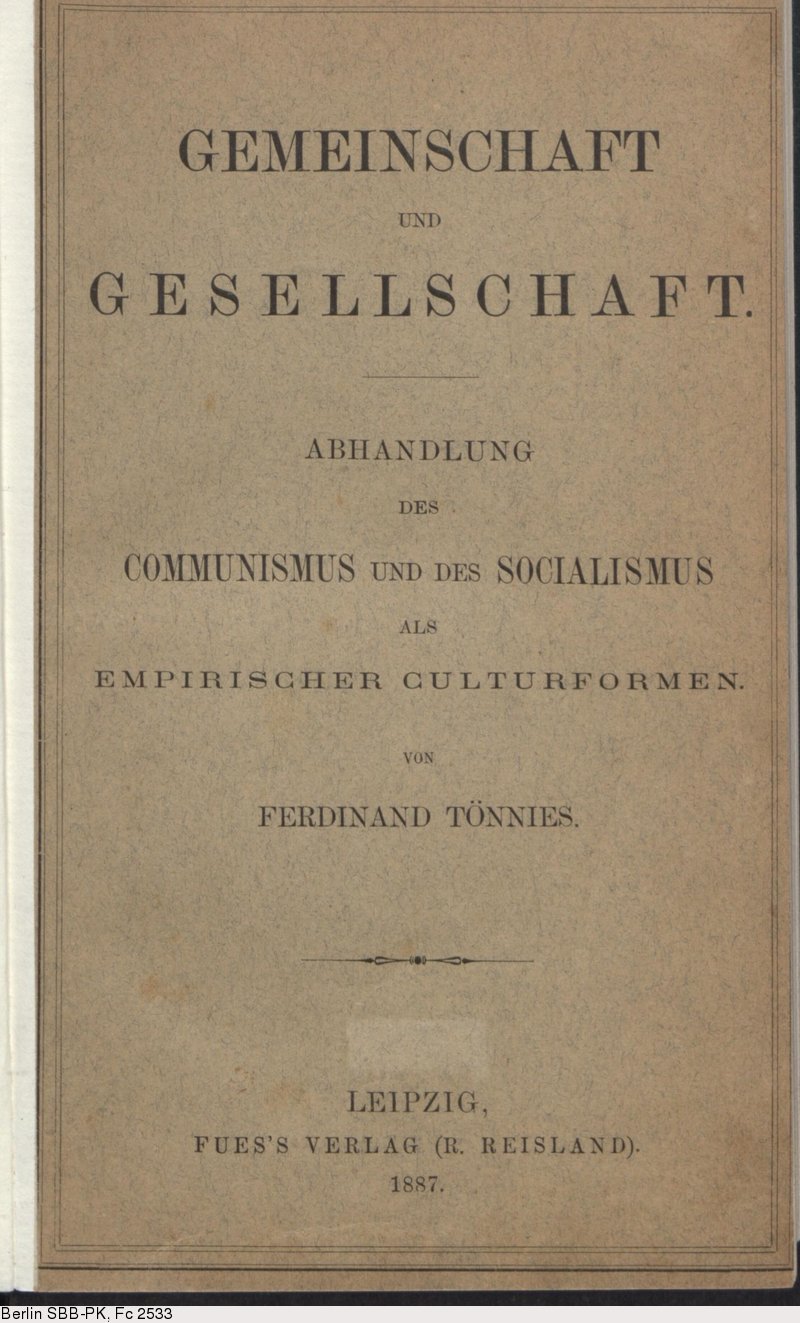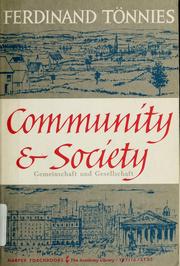I am not a Barack Obama fan, at least in the sense of a political leader. I think that Mr. Obama was, like Trump, elected because of who he wasn't, not because of who he was. But he proved to simply be a status-quo political apparatchik and his two terms in office demonstrated no independent or original thinking, but simply maintaining the profitability of the vast military-industrial complex and the American for-profit medical care system, among other corporate stake holders.
Now he is no longer president and can, maybe, speak more freely about whatever he chooses. I find it fascinating that he has chosen to use Netflix as the venue to share his thoughts and ideas. I suppose that this will more effectively reach his target audience, which is probably anyone younger than me!
Here is a link about his new business venture. He warns that the United States cannot survive in its present form unless Americans figure out ways to overcome the growing political and social division in our country. And he's right.
Now he is no longer president and can, maybe, speak more freely about whatever he chooses. I find it fascinating that he has chosen to use Netflix as the venue to share his thoughts and ideas. I suppose that this will more effectively reach his target audience, which is probably anyone younger than me!
Here is a link about his new business venture. He warns that the United States cannot survive in its present form unless Americans figure out ways to overcome the growing political and social division in our country. And he's right.
Pew Research conducted a series of polls a few years back that demonstrate that Americans are increasingly divided. This division runs so deep that 1) many Americans increasingly believe that they cannot have friends who are of a different political party, and 2) Americans are actually physically separating themselves (as in moving across town, within a state, or even to another state) from others of different political orientation when possible. Crazy!
Thus the increasing polarization of political thought and identity into urban vs. rural and Red state vs Blue state; which is better understood as a Red county vs Blue county, as the map below demonstrates.
As I have shared with my history students, I can not recall a similar phenomenon in American history this side of the decades preceding the American Civil War when sectionalism ruled American politics. Sectionalism is when one's political orientation is determined by ones local --- in this case, free state vs. slave state --- rather than party platform. Although, the bimetallism controversy of the late 19th century comes close.
As a consequence of the Industrial Revolution and the increased urbanization it generated, today's neo-sectionalism is urban residents versus rural residents, part-and-parcel with the demographic shifts described by Pew Research (above). This becomes starkly apparent in the political voting patterns, such as the 2012 presidential election.
As a consequence of the ongoing demographic shift generated by industrialization, urban centers are exemplary Gesellschaft collectives and rural areas wanna-be Gemeinschaft (learn more here). I say "wanna-be" because I believe that genuine Gemeinschaft society is extinct in the United States, except for small pockets such as the Amish. Still, people instinctively yearn for the former social construction. Nonetheless, I believe that the increasing atomization of American society, with the elevation of the individual as the apex of social evolution, will only increase. So, today's sectionalism is between the ultra-Gesellschaft urban centers versus the less-Gesellschaft rural areas. You can see this sectionalism not only in voting patterns but also in population concentrations. Did you know that over half of the American population lives in only 146 counties?
In summary, as a consequence of evolving Gesellschaft society, political polarization will increase. Mr. Obama is correct: unless Americans can find common ground, the federal republic will be both less federal and increasingly sectional. This is unlikely, as I think that Gesellschaft society, being inherently individualistic, cannot sustain a common identity, as the failure of the diversity movement is demonstrating.
We live in interesting times.


















